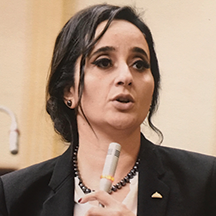Food security and child malnutrition in Africa
There is a complex relationship between climate change, food security and children’s nutritional status. This column outlines the research evidence, focusing in particular on the experience of African countries and poorer communities within them.
Climate change: the impact on child malnutrition in the Nile basin
There are complex interactions between climate change, food security and children’s nutritional status. This column summarises new research on these relationships in the context of Egypt, Ethiopia and Uganda, including the role of socio-economic factors in shaping child health, as well as possible routes and biological aspects that could explain their impacts.


